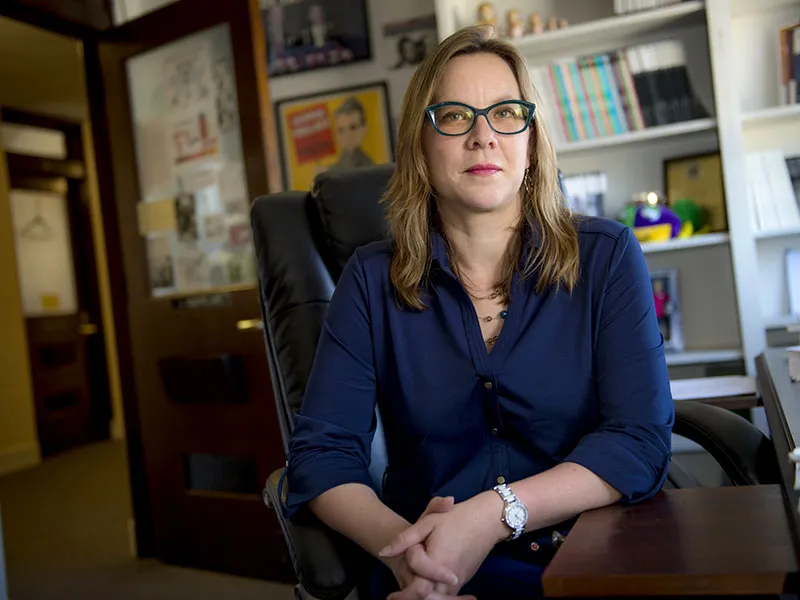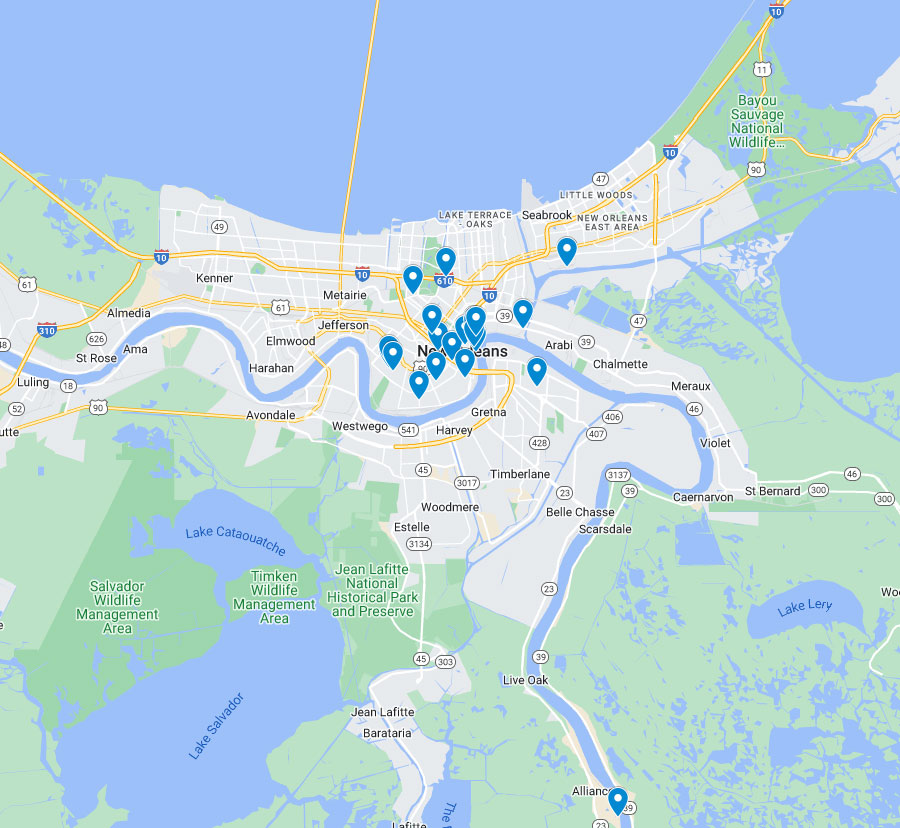
Biography
J. Celeste Lay is a professor of political science at Tulane University. She earned her B.A. in political science at the College of Charleston (1998) and her Ph.D. in Government & Politics at the University of Maryland, College Park (2004). She is the author of A Midwestern Mosaic: Immigration and Political Socialization in Rural America, published by Temple University Press in 2012, about the response to immigration in small, formerly-homogeneous Iowa towns. Her research focuses on political socialization, voting behavior, women and politics, and attitudes about and the politics surrounding education policy. She is particularly interested in local government and how the local environment shapes attitudes and behavior. She is working on a book manuscript about the effects of the dramatic education reforms in New Orleans on civic behaviors and attitudes.
Research
While the city was still draining the floodwaters from Hurricane Katrina, a group of local elites worked with state legislators to take over control of the city’s failing public schools. Ultimately, the state closed and/or turned nearly all of New Orleans’ public schools into charter schools. Parents must now actively choose a school by ranking preferences on a central application. The elected school board operates as a charter authorizer, while day-to-day governance lies in the hands of private boards and at-will administrators. The reforms dramatically shifted power from voters and communities to private interests. Though some contend privatization creates more effective systems, others warn of the danger to democracy when public goods move into the private sphere. Drawing on the results from existing city-wide survey data, I conducted in-depth focus groups with key sub-groups that have been under-sampled. This mixed-method approach has several advantages. It allows me to understand attitudinal and behavioral patterns and associations, and to follow up on why respondents believe what they believe with regard to the local schools. I was able to ask questions related to civic engagement, political trust, and knowledge that have not been included in other surveys. With this sequential design, I can validate the findings and discuss, in the focus groups, the relationships and causal mechanisms suggested by survey.


